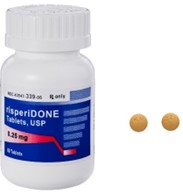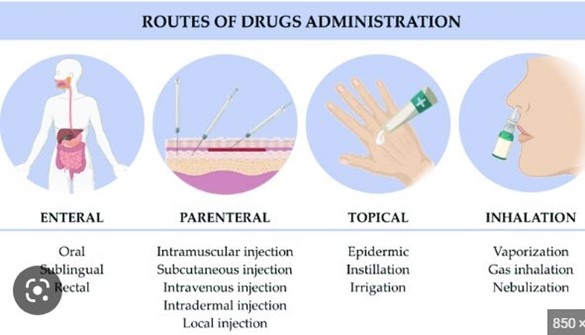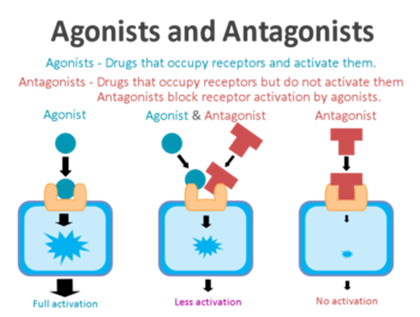A 20-year-old client is admitted for treatment of acute schizophrenia and started on risperidone. Which of the following indicates a therapeutic outcome for this medication?
Orthostatic hypotension and sedation
Decreased delusional thinking and lessened audiovisual hallucinations
Restful sleep and increased coping abilities
Decreased anxiety and improved dietary habits
The Correct Answer is B
Risperidone is an atypical antipsychotic medication used to treat schizophrenia ¹. It works by changing the activity of certain natural substances in the brain ¹. A therapeutic outcome for this medication would be a decrease in symptoms of schizophrenia such as delusional thinking and audiovisual hallucinations ¹.
Option A is not correct because orthostatic hypotension and sedation are side effects of risperidone, not therapeutic outcomes ¹.
Option C is not correct because restful sleep and increased coping abilities are not specific therapeutic outcomes for risperidone in the treatment of schizophrenia.
Option D is not correct because decreased anxiety and improved dietary habits are not specific therapeutic outcomes for risperidone in the treatment of schizophrenia.

Nursing Test Bank
Naxlex Comprehensive Predictor Exams
Related Questions
Correct Answer is D
Explanation
Intravenous (IV) administration of medication involves injecting the medication directly into a vein. This route of administration has the most rapid onset of action because the medication is delivered directly into the bloodstream and can be quickly distributed throughout the body.
Options a, b, and c are not correct because they do not have as rapid an onset of action as intravenous administration. Sublingual administration involves placing the medication under the tongue, where it is absorbed into the bloodstream through the mucous membranes. Intradermal administration involves injecting the medication into the top layer of the skin. Subcutaneous administration involves injecting the medication into the fat tissue just under the skin. While these routes can be effective for delivering medication, they do not have as rapid an onset of action as intravenous administration.

Correct Answer is B
Explanation
An agonist is a molecule that can bind to and activate a receptor to induce a biological response ³. Agonists can be endogenous molecules, such as hormones or neurotransmitters, or medications that mimic the action of endogenous agonists ³.
Option A is incorrect because an agonist does not prevent receptor activation by other medications.
Option C is incorrect because an agonist does not increase the affinity of a receptor for a different medication.
Option D is incorrect because an agonist does not both block and activate a receptor.

Whether you are a student looking to ace your exams or a practicing nurse seeking to enhance your expertise , our nursing education contents will empower you with the confidence and competence to make a difference in the lives of patients and become a respected leader in the healthcare field.
Visit Naxlex, invest in your future and unlock endless possibilities with our unparalleled nursing education contents today
Report Wrong Answer on the Current Question
Do you disagree with the answer? If yes, what is your expected answer? Explain.
Kindly be descriptive with the issue you are facing.
